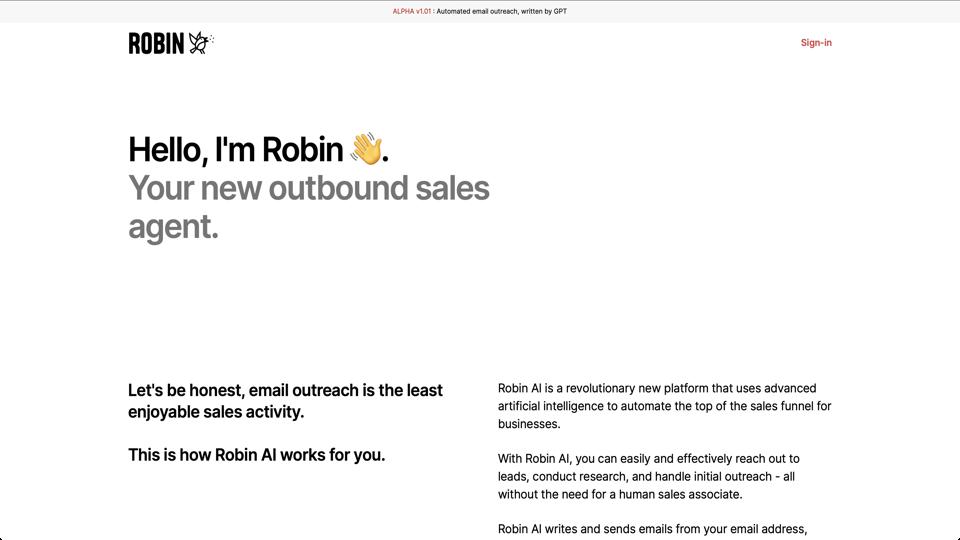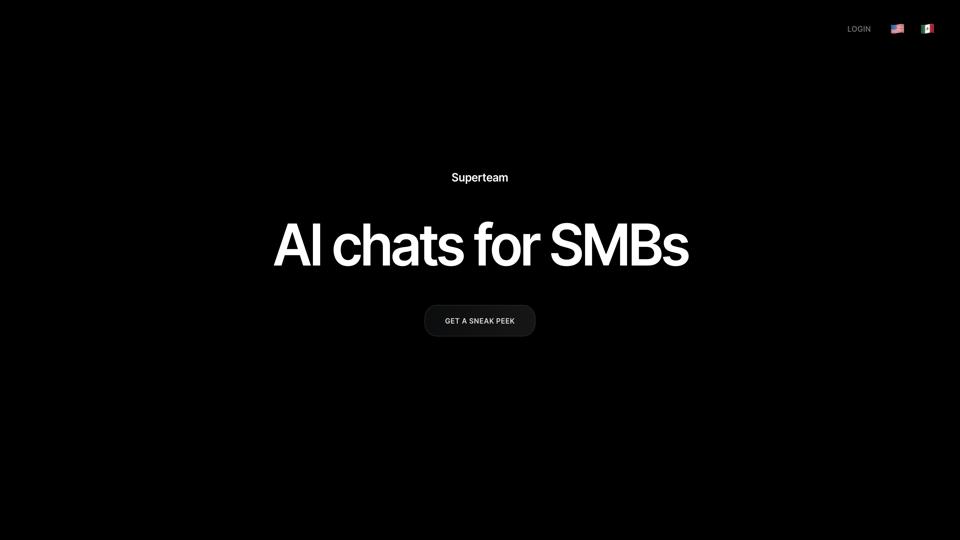Luna
Overview
Luna, accessible at getluna.dev, is an open-source package manager designed specifically for data science and machine learning workflows. It simplifies the process of discovering, installing, and managing datasets, pre-trained models, and other resources. Aimed at developers, data scientists, and researchers, Luna acts as a “pip for data,” enabling users to pull in large datasets or models with simple commands, reducing the hassle of manual downloads and setup. It’s built on Rust for performance and integrates seamlessly with popular tools like Python and Jupyter.
Key Features
- Easy Installation: Install datasets or models via a single command, e.g.,
luna install dataset-name. - Search and Discovery: Built-in search functionality to find public datasets and models from repositories like Hugging Face or Kaggle.
- Version Control: Supports versioning for reproducible experiments, ensuring consistency across projects.
- Integration: Works with Python, allowing direct import into scripts or notebooks.
- Open-Source and Free: Completely free to use, with community-driven contributions on GitHub.
- CLI and API: Robust command-line interface with an optional API for programmatic access.
Pros
- Streamlines data management, saving time on setup and focusing more on analysis.
- Promotes reproducibility by handling dependencies and versions automatically.
- Lightweight and fast, thanks to its Rust foundation.
- Active community and regular updates, with good documentation available on the site.
- No cost barrier, making it accessible for students and hobbyists.
Cons
- Still in early stages, so the ecosystem of available packages is growing but not as vast as established tools like pip or conda.
- Requires some familiarity with CLI tools; beginners might face a learning curve.
- Limited to data science resources— not a general-purpose package manager.
- Dependency on internet for installations, which can be slow for very large datasets.
- Occasional bugs in beta features, as it’s open-source and evolving.
Pricing
Luna is completely free and open-source. There are no premium tiers or subscription fees. Users can contribute to its development via GitHub or donate to support the project if desired.
Conclusion
Overall, Luna is a promising tool for anyone in data science looking to simplify resource management. It’s particularly useful for teams needing reproducible workflows. If you’re tired of manually handling datasets, give Luna a try—it’s easy to install and could become a staple in your toolkit. Rating: 4.5/5. For more details, visit getluna.dev.




